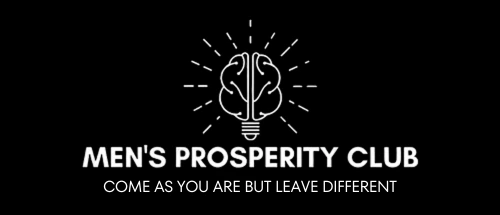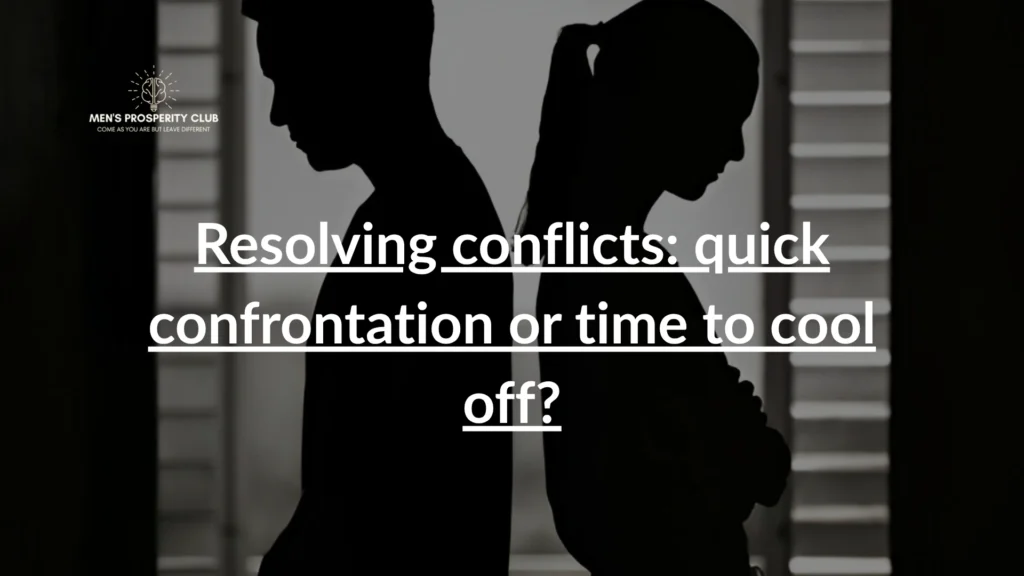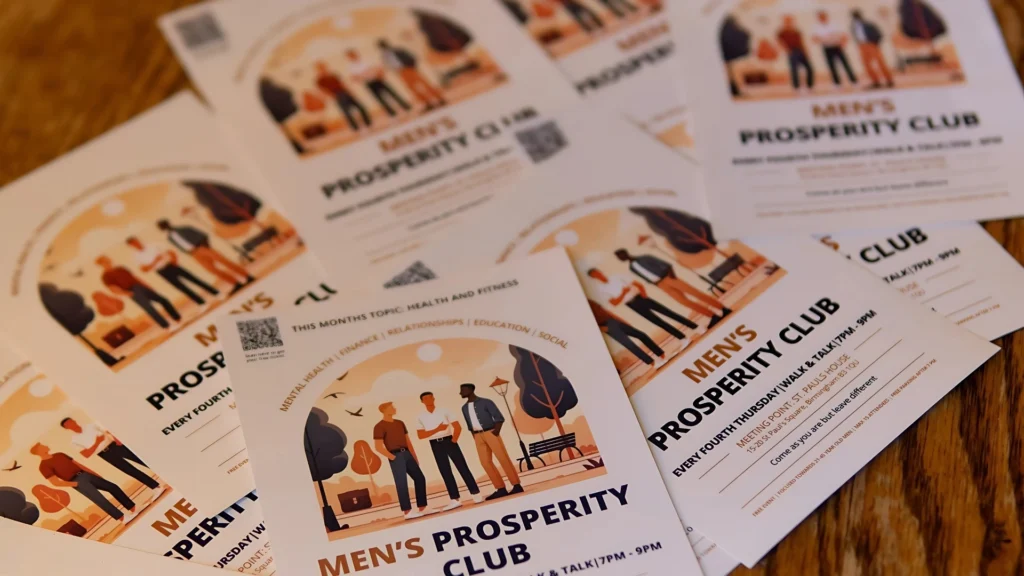Conflicts are a natural part of life, whether in personal relationships, at work or within communities. It’s not uncommon to feel a rush of emotions when a disagreement arises, but the way we handle these conflicts can make all the difference in their outcome. Some people prefer to address the issue head-on, while others advocate for stepping back to cool off before addressing the matter. So, when a conflict surfaces, is it better to confront it quickly or take a moment to pause and reflect?
But what’s the best way to handle a conflict? Should we dive into the conversation immediately or take some time to reflect before reacting? Let’s look at both sides and explore which approach can help us navigate conflicts with more understanding and less stress.
Quick Confrontation: The Benefits and Pitfalls
For some, confronting a conflict directly and quickly feels like the most natural response. This approach is often associated with strength, confidence and the belief that facing an issue head-on will resolve it faster. But while there are advantages to immediate confrontation, it can also lead to unintended consequences if not handled carefully.
The Pros of Quick Confrontation
Clarity and Resolution
When you choose to confront the situation right away, you can immediately address the issue and move towards a resolution. Instead of letting the problem fester, you tackle it head-on. This can prevent misunderstandings from spiralling out of control and help you resolve the issue in the moment.
Prevents Build-Up of Negative Emotions
Suppressing your emotions or putting off a confrontation can lead to resentment, frustration, or bitterness over time. By addressing the problem right away, you can express your feelings, clarify your point of view, and move past the situation without letting negative emotions build up.
Strengthens Communication Skills
Quick confrontation requires strong communication skills. You need to express yourself clearly, listen actively and stay focused on the issue at hand. Over time, these skills improve, making it easier to handle future conflicts in a more constructive manner.
Shows Assertiveness and Leadership
Taking immediate action to resolve a conflict can demonstrate confidence, assertiveness and leadership. People around you may appreciate your willingness to step up and tackle problems directly rather than avoiding them.

The Pitfalls of Quick Confrontation
Emotional Reactivity
One of the biggest risks of confronting a conflict too quickly is that emotions can drive your behaviour. If you’re angry, frustrated or hurt, your response might be more reactive than rational. This could escalate the situation rather than resolve it, especially if both parties are emotionally charged.
Lack of Reflection
Sometimes, when you confront a situation too quickly, you haven’t had the time to think through the issue fully. Without reflection, you might miss important details or misunderstand the other person’s perspective. This can result in an unbalanced resolution that doesn’t address the root cause of the conflict.
Potential for Damaging Relationships
In some cases, immediate confrontation can lead to defensiveness or aggression, which may strain your relationship with the other party. If you’re not careful, the conflict may escalate into something more damaging than necessary, leaving a lasting impact on trust and communication.
Taking Time to Cool Off: The Benefits and Pitfalls
On the other hand, many people believe in the power of stepping back and taking time to cool off before addressing a conflict. This approach offers space to process emotions and gain perspective, which can result in a more thoughtful, less confrontational resolution.
The Pros of Cooling Off
Gaining Clarity and Perspective
Taking a step back from a conflict allows you to reflect on the situation calmly. It gives you time to process your emotions and assess the situation with a clear mind. You can consider the other person’s point of view and think about potential solutions that are fair and balanced.
Avoiding Escalation
Cooling off can help prevent you from reacting impulsively in the heat of the moment. By taking time to reflect, you’re less likely to say something you’ll regret or act in a way that exacerbates the conflict. This allows both parties to avoid saying things that may cause long-term harm to the relationship.
Promoting Emotional Regulation
It’s essential to be able to regulate your emotions during a conflict. Taking time to cool off gives you the opportunity to calm your nerves and approach the situation in a more composed manner. It promotes emotional intelligence and can lead to a more thoughtful, respectful resolution.
Strengthens Relationships
When you take time to cool off, you demonstrate respect for the other person’s emotions and the relationship itself. You show that you’re willing to engage in a calm, rational conversation rather than letting emotions take over. This can strengthen your relationship in the long run, as both parties feel heard and understood.

The Pitfalls of Cooling Off
Prolonged Tension
While taking time to cool off can help defuse the situation, it can also lead to prolonged tension. If one person wants to resolve the issue quickly, they might become frustrated with the other’s need for space. This can lead to passive-aggressive behaviour, avoidance, or even silence, prolonging the conflict rather than resolving it.
Lack of Closure
Cooling off can sometimes lead to a situation where the conflict is never fully addressed. In the absence of resolution, the issue may remain unresolved, leading to ongoing frustration or a sense of unresolved tension between the parties involved.
Missed Opportunities for Resolution
In some cases, waiting too long to confront the issue can cause you to lose the opportunity to resolve the conflict while it’s still fresh. Over time, the situation may lose its urgency and the motivation to resolve it may fade, leaving lingering dissatisfaction.
Which Approach Is Best?
Ultimately, whether to confront a conflict immediately or take time to cool off depends on the specific situation and the people involved. Consider these things when choosing which approach to take:
The Nature of the Conflict
If the conflict is minor and can be addressed easily, a quick confrontation may be the best approach. However, if the conflict is more serious or emotionally charged, taking time to cool off may be the wisest option. Prior to making a choice, it is important to evaluate how serious the problem is.
Your Emotional State
If you’re feeling highly emotional, such as angry or upset, it might be better to take a step back and cool off. Confronting the issue in a calm state of mind will lead to a more productive conversation and a better resolution.
The Other Person’s Needs
Not everyone is comfortable with quick confrontation. Some individuals may need time to process their emotions before they can have a productive conversation. Consider the other person’s temperament and emotional state when deciding how to approach the situation.
The Relationship Dynamics
If the relationship with the other person is important, it’s worth considering how each approach will impact it. Quick confrontations can be effective in some cases, but if both parties are prone to emotional reactions, it may be better to take time to cool off to preserve the relationship.
Reflecting on the Best Approach to Conflict Resolution
Resolving conflicts requires a thoughtful, strategic approach. Whether you choose quick confrontation or time to cool off, both methods have their advantages and disadvantages. Quick confrontation may lead to clarity and resolution, but it can also escalate emotions. On the other hand, taking time to cool off allows for emotional regulation and reflection, but it can also lead to prolonged tension.
The key is knowing when each approach is appropriate. In some situations, an immediate confrontation may be necessary to prevent the conflict from growing. In others, taking time to cool off may be the best way to ensure that the resolution is fair, thoughtful, and respectful. By assessing the situation, understanding your emotional state, and considering the needs of the other person, you can choose the most effective strategy for resolving the conflict and maintaining healthy, positive relationships.




